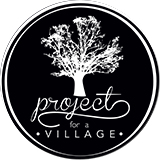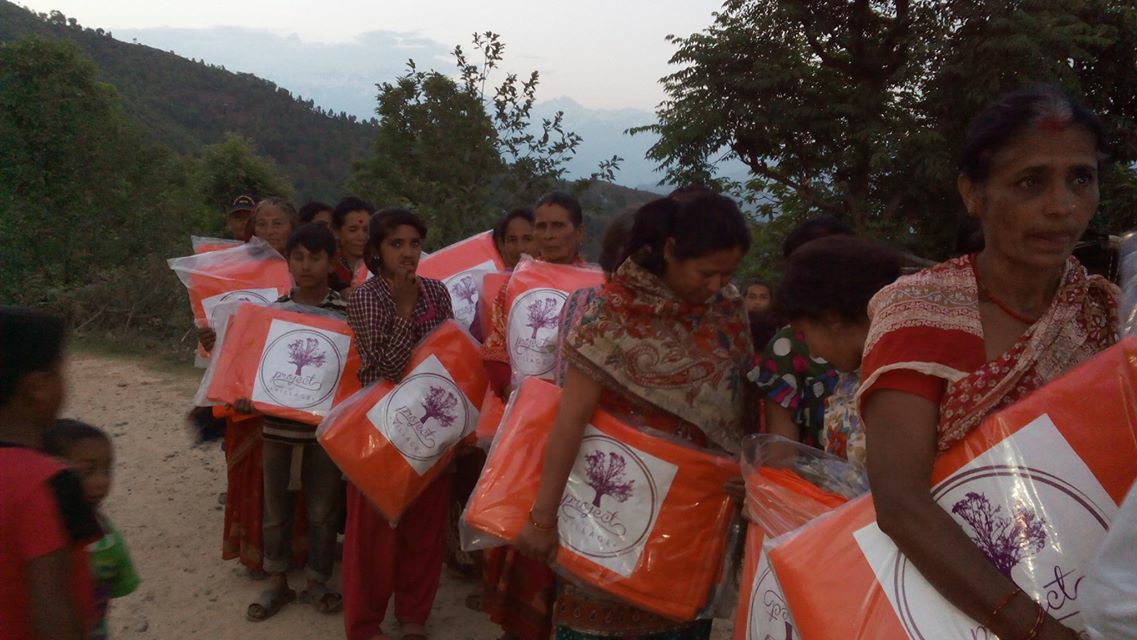Thank you for all of your generous efforts to raise funds to help victims of the recent devastating earthquake in Nepal on April 25, 2015. Statistics fail to convey the reality of the crisis on the ground. Nepal needs help from the international community now more than ever. We would also like to thank you for keeping Nepal and its people in your prayers.
According to experts in disaster relief and recovery it is most effective to support local Non-governmental Organizations (NGO’s) in countries where the immediate disaster response is coming from local volunteers. Major disasters require help from the outside world and coordination with the troops on the ground is vitally important at this time. Since the earthquake, we have coordinated relief efforts with people in the US and Nepal working to provide both medical and humanitarian relief. We thought it most expedient to send immediate aid through local groups and NGO’s with whom we have worked in the past and who we feel we can trust from our personal relationships with them.
It has been encouraging to see the Nepali youth come together in spite of the lack of co-ordination from the government and to organize relief efforts to the most remote places of Nepal. These young people are going into the hills to bring medicine, shelter, food and sanitation supplies. They are digging latrines and helping to burn the dead. They are returning to Kathmandu to purchase more supplies and renting trucks to carry the supplies back up to the hills. They are risking their lives and careers to help the people who so desperately need help. They are trekking with heavy loads hoping to find survivors whom they can help. They have reached out to us and made us aware of the essential needs of affected people. It warms our heart to see the efforts of these resilient Nepalese souls trying to get over this calamity by helping each other at this critical time of need. It is for these reasons that we have chosen to send our donations to these groups in Nepal.
At Project for a Village 100% of our donations go directly to the people we serve. All overhead costs are covered by private donations -which allows us to use the money donated directly for our projects. Due to the unique situation in Nepal at this time we are trying to use the money that has been entrusted to us in the most prudent way. Nepal has a very good civil society network of NGO’s who are working to give aid to the people and that is where cash needs to be spent right now.
For the first weeks following the Earthquake we have supported relief efforts to these individuals and NGO’s –
- $1,500.00 was donated to Dr. Fahim Rahim, a nephrologist from Idaho whose team was introduced to our advisor Anju Ranjit through her boss at Brigham Women’s Hospital in Boston. Dr. Rahim purchased medical supplies, shelter and food both in Dubai and in Nepal and has been delivering these supplies directly to the people in some of the hardest hit villages via truck, 4-wheel drive vehicle and helicopter. His Facebook page contains heartbreaking images and videos. (https://www.facebook.com/fahim.rahim.7?fref=ts)
- $1,000.00 was given to Dr. Patrick Amar Scannell from Johns Hopkins University, who purchased medical supplies and hand carried them to Nepal. He delivered the supplies to Tribhuwan University Institute of Medicine (TUTH), The items were delivered under the supervision of Dr. Pranita Neupane at TUTH.
- Shree Harsha Poudel, our In-country Director, traveled to the Nepal/India border to have tents made due to shortage of tents in Nepal. He delivered 60 tents to homes that had sustained severe damage in Rupakot and Gorkha. Shree has also transported the injured from Gorkha to tertiary care centers in Kathmandu, Pokhara and Chitwan. We have covered the cost of petrol used and supplies bought by Shree and have sent him $1,500.00 for these expenses.
- Anju Ranjit’s father has matched PFAV’s donations of $500 and contributed $500 of his own money to secure tents and basic supplies to villages in Syangja district, Nepal.
- We are supporting the relief efforts of 2 teams of young doctors with whom we have worked in the past. Each team has received $1,250.00. One of the teams is led by Dr. Suman Sapkota and Dr. Bipin Karki of Nepal Medical College Teaching Hospital, and the other team is led by Dr. Pranita Neupane and Dr. Nisha Manandhar. Both teams are taking supplies to Sindhupalchok, one of the hardest hit districts. In addition Dr. Manandhar’s team also distributed tents, essential supplies and food to residents of Bhaktapur and Kritipur.
Now that immediate relief efforts are subsiding and Nepal is transitioning into the critical period of recovery, we all are hoping that the larger international non-profit agencies and nations will come together to work with the Nepali government to provide the necessities that will enable the people in the remote areas to survive and rebuild their lives.
Certain vulnerable groups like women, children and the elderly will need special attention during this recovery phase. The threat of starvation and disease that often becomes rampant with the lack of proper sanitation can severely impact these groups. Human sex trafficking and abuse will probably increase substantially. In a country where achieving ideal maternal and children’s health and well being is already a challenge these problems will be paramount in the recovery phase. For these reasons we have decided to support programs working for maternal and child health.
Our ongoing recovery efforts include the following –
- We have partnered with a young volunteer group called “Bibeksheel Nepali” (LEAD Nepal) working actively to develop a maternal and child-centered program. We are sending $1,500.00 to LEAD Nepal. We plan to:
- Distribute MCH (maternal and child health) packages – which includes two different packs for women and infants. The women’s pack consists of sanitation supplies and nutritional supplements – including sanitary pads, calcium and iron capsules. The baby pack contains baby cereal and vitamins. These packs will be distributed to all the affected areas including remote villages.
- Establish ANC (antenatal check up) center/ women’s health booths in the most affected areas. Women will be able to pick up their MCH package and have a health check/routine antenatal check up during this visit. This will be done in collaboration with Female Community health workers and members of Mother’s groups in all villages. Alternatively, mobilization of girls in secondary school as volunteers to run women support group sessions is also planned.
- We have discussed sending $500.00 each to 2 of the charity’s that we have visited during our recent trips to Nepal,
- Nepal Orphan’s Home whose mission is to offer a home to the children who have previously been part of the Kamlari, (children sold into slavery) life. Michael Hess runs 7 homes in Kathmandu.
- SAV Nepal – a shelter home that offers a safe haven for families of children who are being treated at Kanti Children’s Hospital.
- We are reserving a small portion of funding received to rebuild help rebuild destroyed property in Rupakot that had previously been donated by PFAV.
Life in Nepal will take a long time to return to normal. While everyone is recovering from the shock of the earthquake, people are trying their best to be strong and help each other. The villagers of Rupakot began collecting rice and vegetables and rented a truck to distribute the tents and food in the Gorkha district where many of the villages had been destroyed. The women of the village are trying to finish preparing the soil and begin planting the amaranth seeds that were donated prior to the earthquake. They will be distributing the food when it is ready to be harvested to surrounding areas that are in need of food. This gives us hope that Nepal will rebuild brick by brick.
Nepal cannot make it through this disaster without people like you who care. I am including links to a few articles that we have found to be helpful and informative at this time. Once again we thank you for all of your support at this time.
Project for a Village, Inc.





